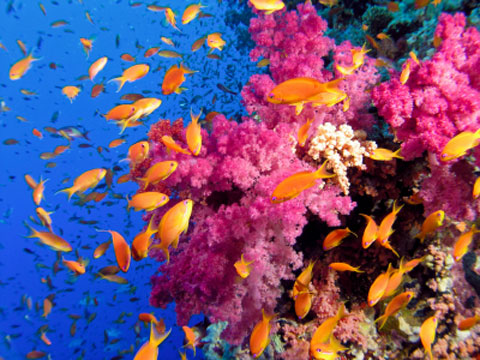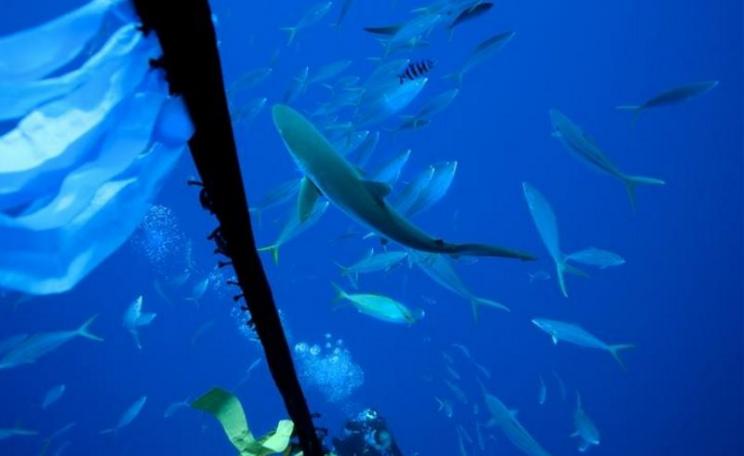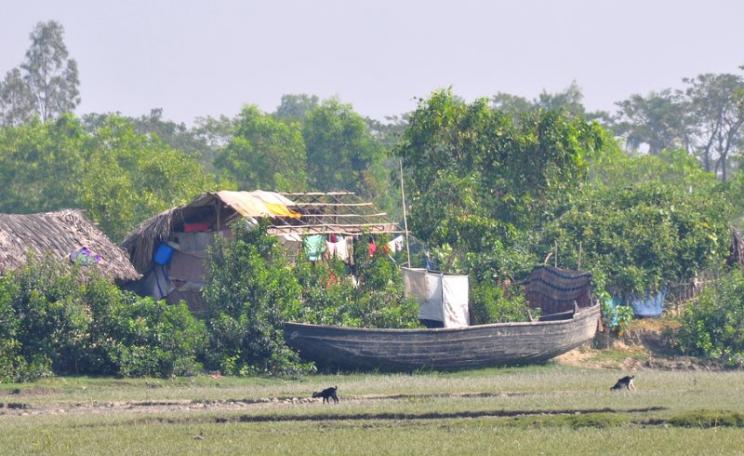Phytoplankton are microscopic algae which float and drift near the top of the ocean. They carry out photosynthesis, converting sunlight into organic matter which then serves as the first step in the entire marine food chain.
But their numbers are declining by an average of 1 per cent a year, translating to a 40 per cent decline since 1950, according to researchers from Dalhousie University in Nova Scotia, Canada.
The authors suggest rising sea surface temperatures linked to global warming are the reason for the decline. As ocean temperatures rise they become more stable and less nutrients are brought up towards the surface where they are needed by phytoplankton, together with sunlight, to grow.
Scientists already know that large-scale climate fluctuations, such as the El-Niño Southern Oscillation (ENSO), affect phytoplankton on a year-to-year basis, by changing short-term oceanographic conditions.
Basis of marine food chain
The researchers in this study say the decline in phytoplankton was likely to have wider implications for the entire ocean ecosystem.
'They produce all of the organic matter of the oceans that feeds everything else from the small shrimp to the large whale - everything in the oceans depends on the activity of these plankton.
'It is as if you reduced the amount of crop plants available to humans.'
'They are also a critical part of our planetary life support system,' added the authors. 'They produce half of the oxygen we breathe, draw down surface CO2, and ultimately support all of our fisheries.'
Useful links
Full study: Global phytoplankton decline over the past century
| READ MORE... | |
 |
INVESTIGATION Suffocating seas: how climate change is reducing ocean oxygen levels The main impacts of climate change - changing weather patterns, melting glaciers, sea level rise - are well known. But its ability to reduce oxygen levels in the deep ocean is little reported... |
 |
NEWS 'Uneven' sea level rises threaten Indian Ocean coastal regions Global warming is adversely affecting certain countries around the Indian Ocean with higher than average sea level rises, according to analysis published in Nature Geoscience |
 |
NEWS Ocean acidification to devastate commercial fisheries Previous studies have focused on the impact of acidification on coral reefs but not other marine organisms |
 |
NEWS Ocean acidification: the facts The marine campaign group Oceana has put together a fact sheet about ocean acidification |
 |
INVESTIGATION Is this the future of fish farming? Inside vast, 360-sided, 7000 cubic metre underwater cages off the coast of Panama, marine biologist Brian O'Hanlon is trying to solve some of the problems with large-scale aquaculture |








